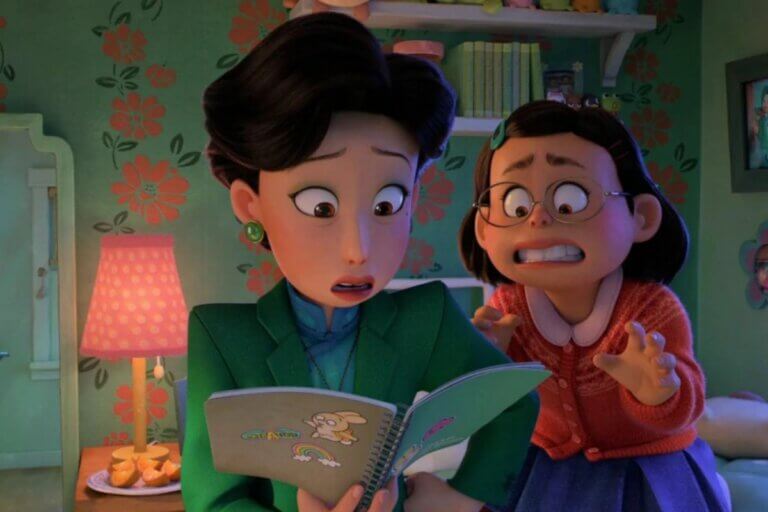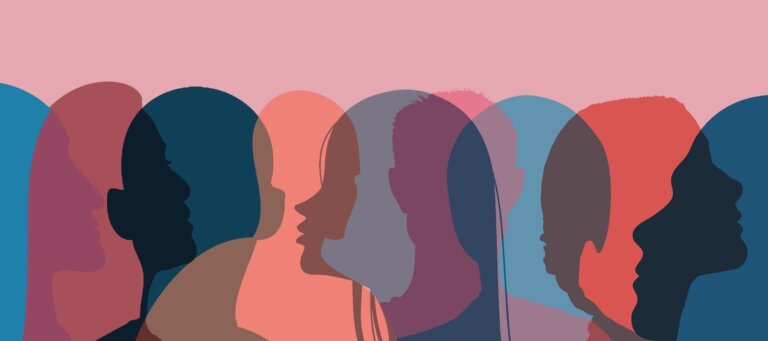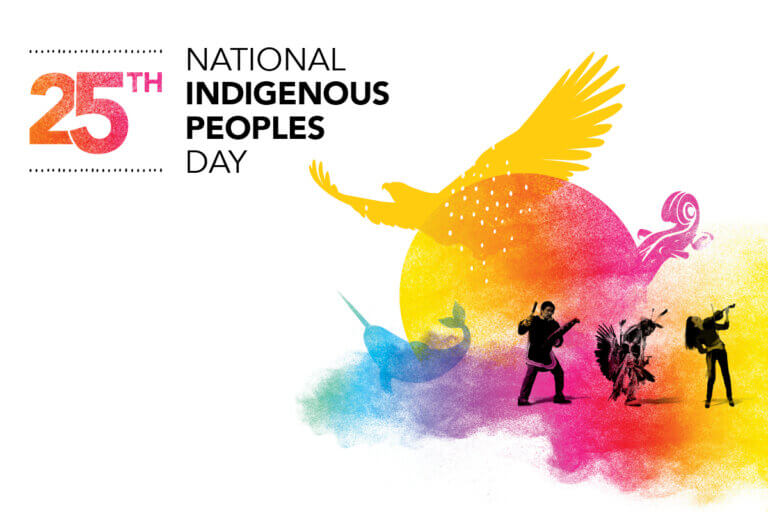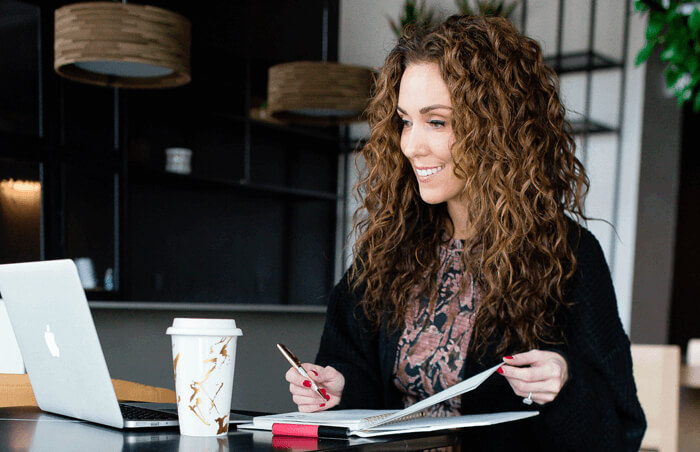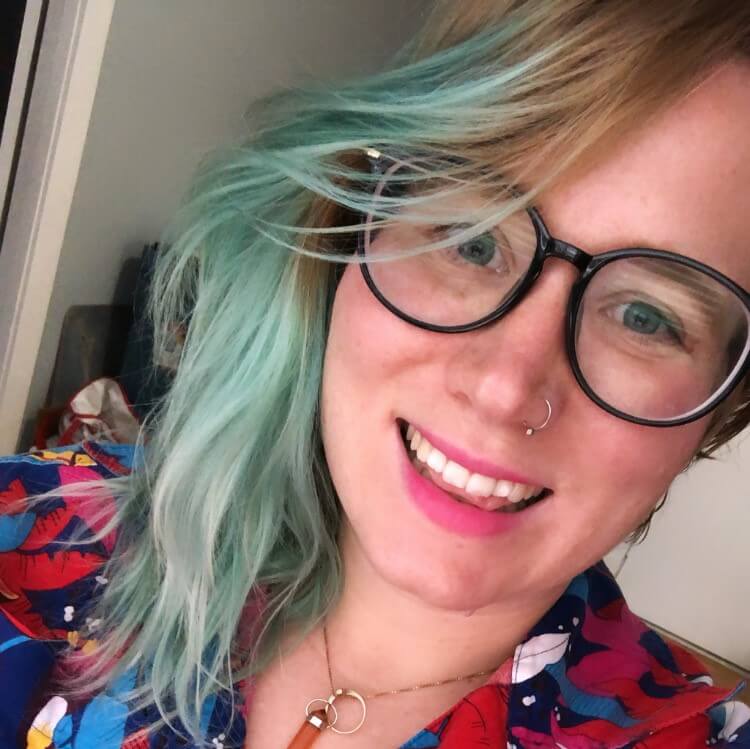Unlike a lot of things in life, how to have sex — the intricacies of it, how to try something new and work through any potential embarrassment — are not things we talk about or often intentionally learn about. A lot of the assumption is that, when the time comes, we’ll just know what to do and how to do it. Unfortunately, that’s not always how it works. If it did, Cosmopolitan would have no reason to publish their notoriously ridiculous sex tips. That’s why sex education classes are so important — to unlearn what we’ve learned from the media and take an educational journey free of stigma and shame.
Media Shows Us Only One View of Sex
That unspoken expectation — that we’re not going to talk about sex — is often perpetuated by both porn and most TV shows and movies where characters are rarely seen having conversations about the sex they’re having. Other than a sex education course in middle school (if it’s given at all), media shapes a lot of our ideas around sex, namely that it’s able-bodied, white and heterosexual.
It also reinforces a lot of gender stereotypes in a heterosexual script. According to an article published in the Oxford Research Encyclopedia of Communication, this script “expects men to actively pursue sexual relationships, to objectify women, and to prioritize sex over emotion; conversely, women are expected to be sexually passive, to use their looks and bodies to attract men, to serve as sexual limit setters, and to prioritize emotions over sex.”
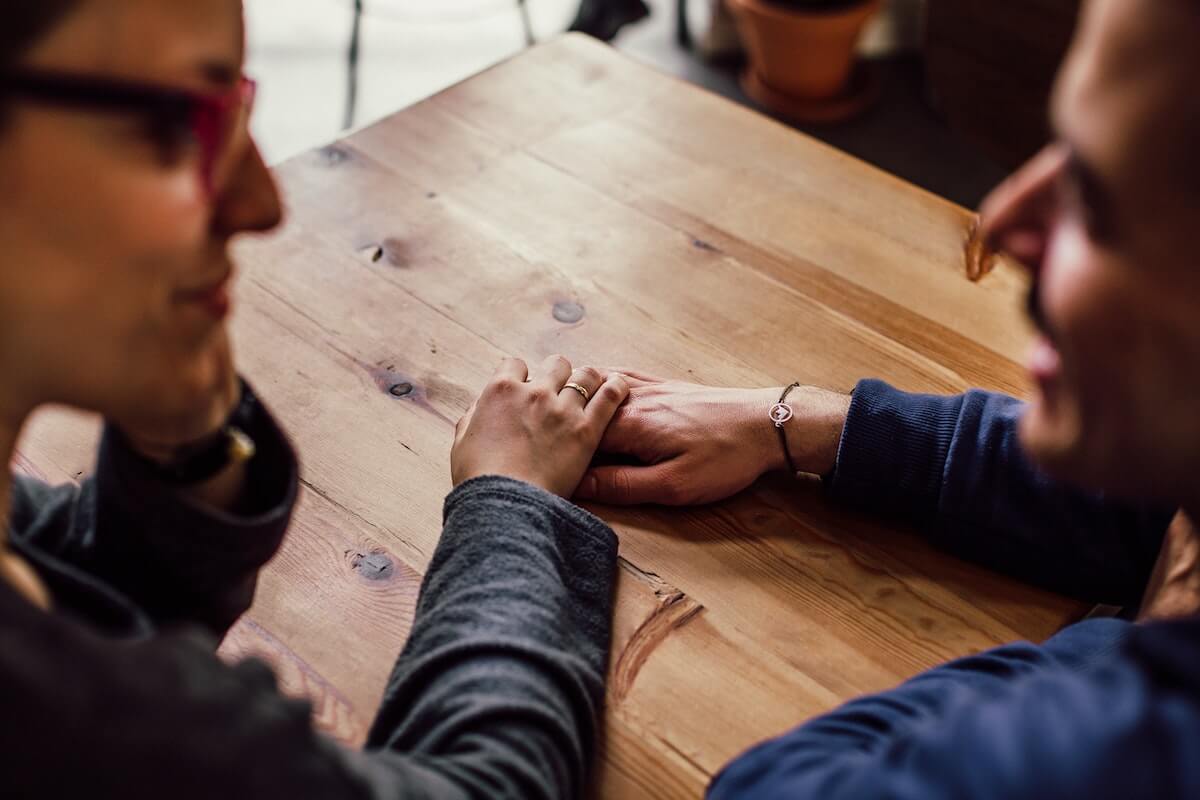
Sex Education Classes Are Nothing New
Of course, how-to sex education classes aren’t all that new. Sex stores have been hosting informational and practical classes for years, offering a pressure-free space to explore new things or improve certain skills.
But there is a thorny truth to explore in the sex lesson discourse: who are the people who’ve been attending these classes? Sex educator Tuck Malloy shared their experience working at sex stores, which illustrates society’s gendered approach to who should be learning about pleasure. Malloy described how sex education classes were mostly attended by queer people or straight women, and even bachelorette parties would sign up for a class together — men, on the other hand, rarely attended.
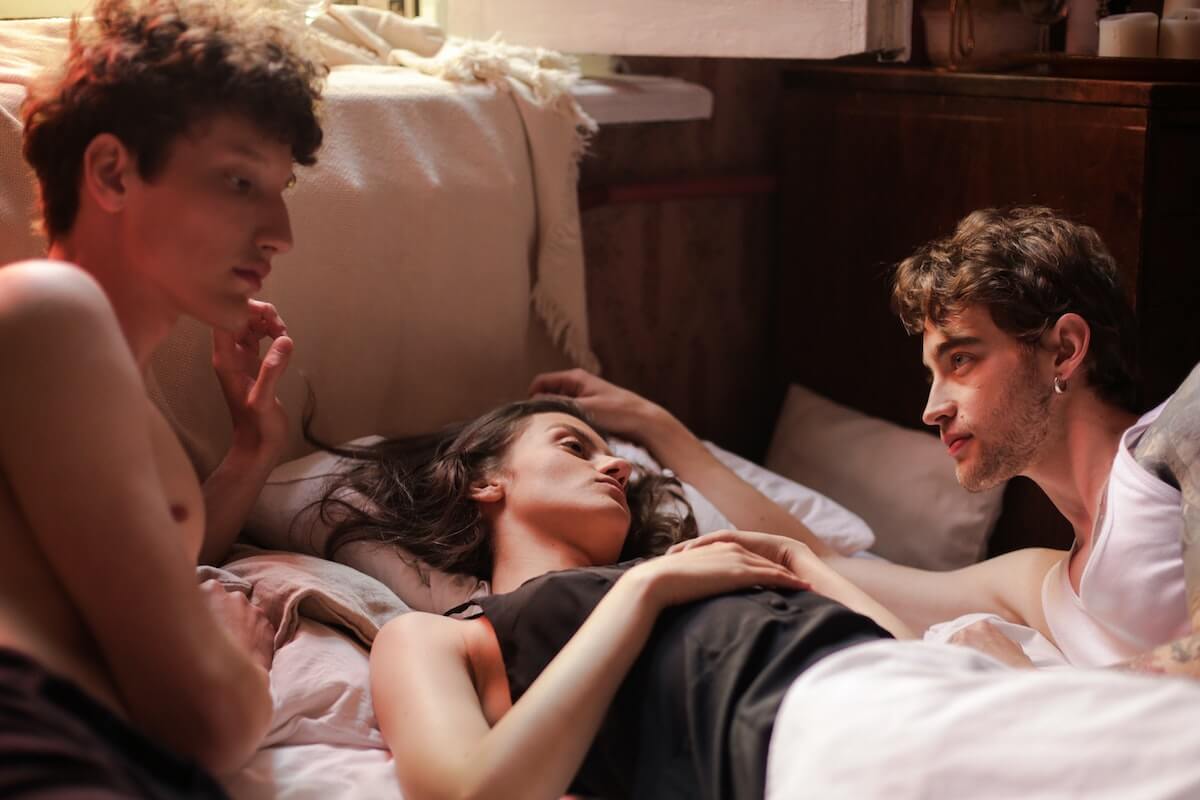
There’s a Double-Standard When It Comes to Sex Education
This double standard is apparent enough in the fact that many sex stores have bachelorette-themed sections, while the stereotypical bachelor party tends to bring to mind images of The Hangover and has connotations of celebrating a man’s “last days of ‘freedom.”
The good news is that things are changing. We’ve seen shows such as Masters of Sex and Sex Education that explore the mechanics and psychology of sex. Social media influencers are posting about their favorite sex toys. Sex stores have moved online and made their educational content more accessible. You can download sexting guides. The narrative is slowly turning from one of innate understanding to taking the time to learn and having conversations about the sex we’d like to have.
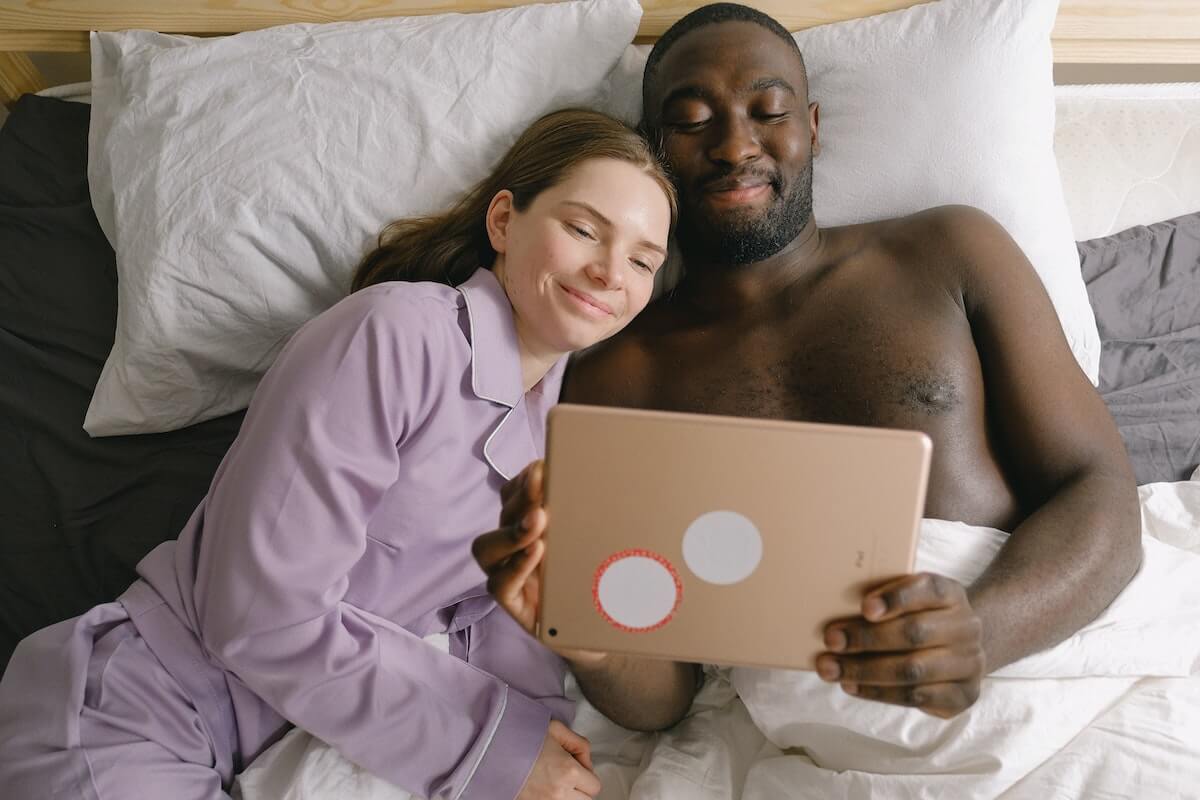
Sex Education Is More Readily Available
Related Articles
Most sex store websites have advice guides, while there are whole sites, such as O.school, that focus solely on providing articles and information that dispel the biggest myths about sexuality. For those who are more visual learners, BeEducated and Center for Thriving Relationships offer a variety of videos, courses and retreats.
There are also opportunities for more engaged sex education classes online or one-on-one sessions, where you can join in real time, ask questions and see alternate positions or get new ideas. As a sex educator, Malloy offers a wide variety of classes online, including those that teach more practical sex skills.
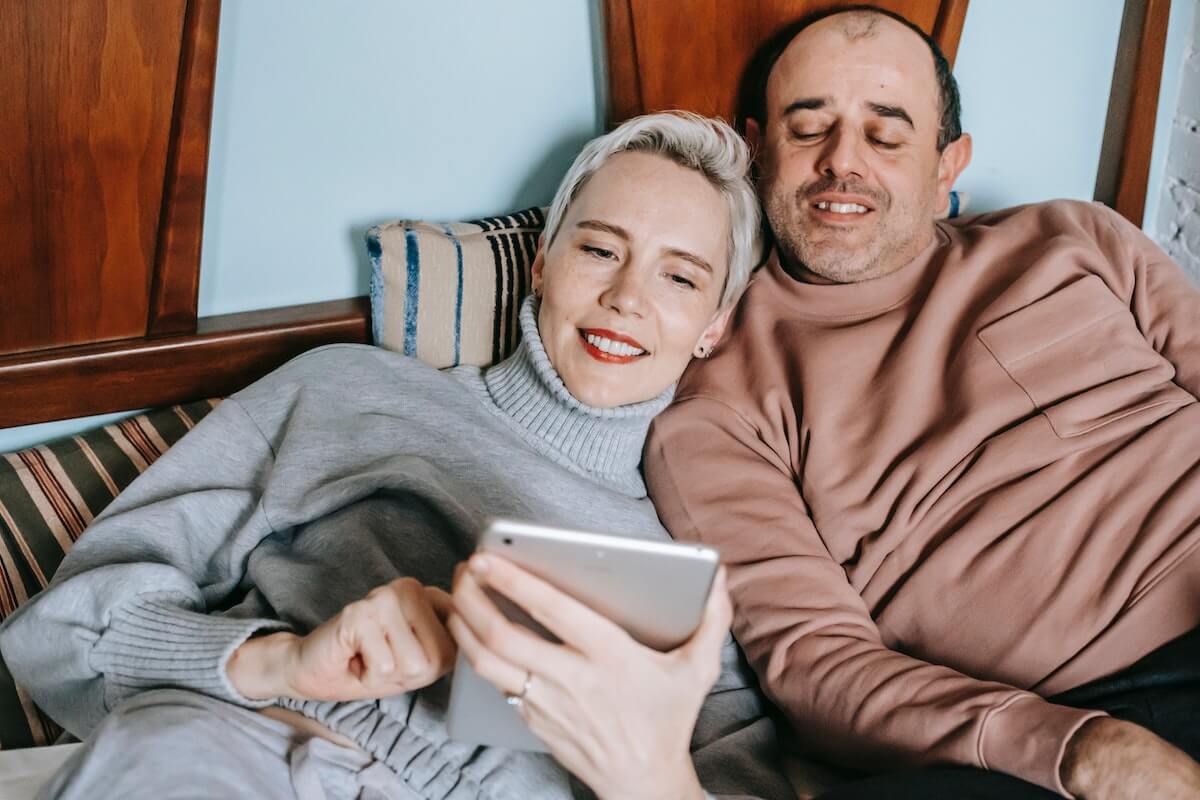
Communication is Important
One fairly universal experience for many people is overthinking and projecting when it comes to sex. Malloy says the aim of their classes, and sex education classes in general, is to help people “turn off the really analytical, judgmental part of [their] brain when we’re exploring these things” and to “lean into more gender affirmation, bring in moments of communication and check-ins, really making consent and safety a foundation of all these things.”
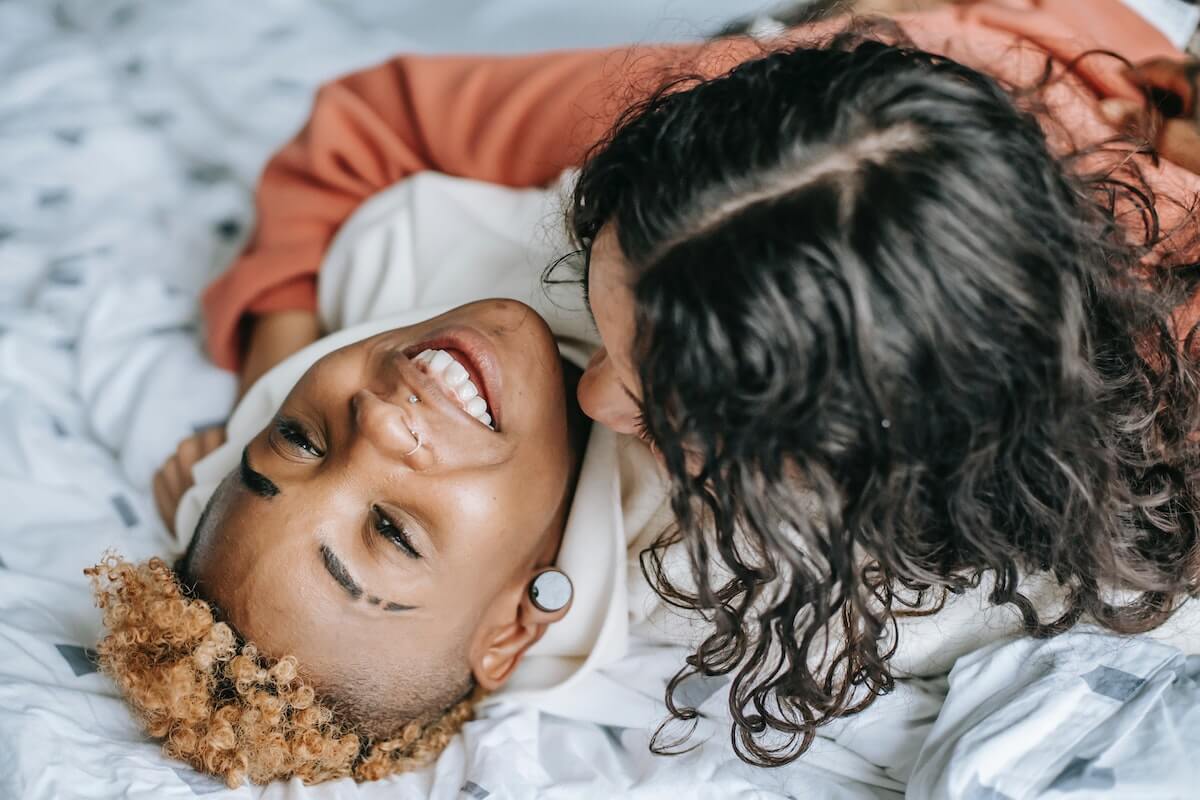
That overthinking often comes from a place of not wanting to ruin the moment or not having it live up to a fantasy that we or our partner may have.
“I think this narrative of ruining sexual experiences is so prevalent and to me comes from such a scarcity mindset,” Malloy says. “That there’s not enough pleasure or sexual joy or connection, so when people find it, there’s this really intense pressure to hold onto it really tightly and not ruin it for any reason. I think if people felt more empowered to be having embodied, pleasurable experiences, or masturbating, or having sex that was less pressure for them, more playful, all of the spectrum of things that would feel good, it would be less stressful to have these moments of, ‘We need to pause because something different happened.’”
Taking a Sex Class Is Like Taking a Cooking Class
For those who may still be hesitant about taking sex education classes, or think that they don’t have anything to learn, they compared taking a sex class to taking a cooking class.
“You have some people who are naturally really good at combining flavors and spices and making something from scratch, and some people who really have to follow a recipe or else they’ll make something gross,” Malloy says. “Sex skills is the version of a cooking class that is about learning the basic tools so people can come back to them when they’re in the moment.” And who knows, maybe there’s a spice you didn’t know about you can add to a future recipe.
More examples of the internet being used for good: this online academy creates a safe space for the queer community.

